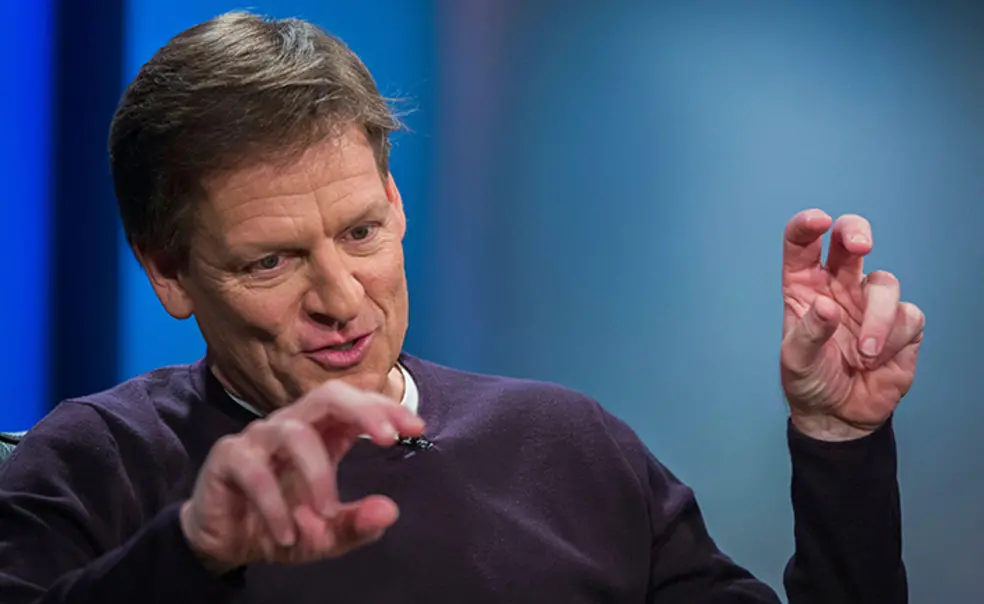April 19: Michael Lewis ’82 Discusses the U.S. Pandemic Response
As she oversees a tense period of student protests at Yale Law School, Dean Heather Gerken ’91 said her job is to “listen, to decide whether course corrections are needed, and to ensure that the institution stays true to its core mission.” — The Chronicle of Higher Education
Kirsten Bibbins-Domingo ’87, an epidemiologist at the University of California, San Francisco, School of Medicine, was appointed editor-in-chief of the prestigious JAMA medical journals. She is the first person of color in the role; the previous editor resigned after a JAMA podcast questioned structural racism in medicine. — STAT
Marcia Gonzales-Kimbrough ’75 appeared on a PBS program about decluttering, working with her siblings to preserve a family legacy that dates back generations in northern New Mexico. — My Legacy List
Hollywood dialect coach Samara Bay ’02 encourages speakers to abandon monotone as a way to sound authoritative, and instead seek authenticity by tapping into their emotions. — CBC-Radio
Author Mette Harrison *95 will be the keynote speaker at AutCon, an annual autism community event in Utah. Her talk, “Everything good in my life came from my autism,” will center on her 2017 diagnosis at the age of 46. — Daily Herald
Retired Gen. David Petraeus *85 *87 discussed the current standing of forces in Ukraine and whether Gen. Aleksandr Dvornikov’s appointment as the Russian commander could signal increasing brutality: “I fear that it may,” Petraeus said. — CNN
Illinois Rep. Raja Krishnamoorthi ’95 criticized a University of Pennsylvania law professor who called India “a sh*thole,” saying such remarks “fuel hate crimes” and “make it much harder to accomplish common-sense immigration reform.” — Indian Express
Russian-born journalist Julia Ioffe ’05 has emerged as “a go-to voice” on the Ukraine war. New Yorker editor David Remnick ’81 said she brings knowledge and a “deep personal investment in Soviet and Russian life.” — Bloomberg
“When you’ve got 4 percent of the world’s population and 20 percent of the world’s deaths, something’s wrong. And I don’t think people have really grappled with what was wrong.”
— Michael Lewis ’82, author of The Premonition, about the early days of the pandemic, speaking about the politicization of the CDC and arguing that a 9/11-type commission is needed to investigate the U.S. response to COVID-19. — MSNBC
Journalist Peter Slevin ’78 reported on efforts to ban abortion pills, a fight that’s “emerging as the next battleground for reproductive rights.” — The New Yorker
Facing Russia’s aggression, Michael O’Hanlon ’82 *91, director of research at the Brookings Institute, previously opposed NATO membership for Finland and Sweden but has changed his mind. — GZERO
Internist Lucy McBride ’95 said as coronavirus cases again rise alongside colds and seasonal allergies, rapid tests — what she calls “contagiousness tests” — are vital. — WJLA
A new Netflix series co-created by David E. Kelley ’79, Anatomy of a Scandal, is a courtroom drama about a member of Parliament accused of rape. — Forbes
Subscribe to PAW’s Alumni in the News newsletter at paw.princeton.edu/email.












No responses yet